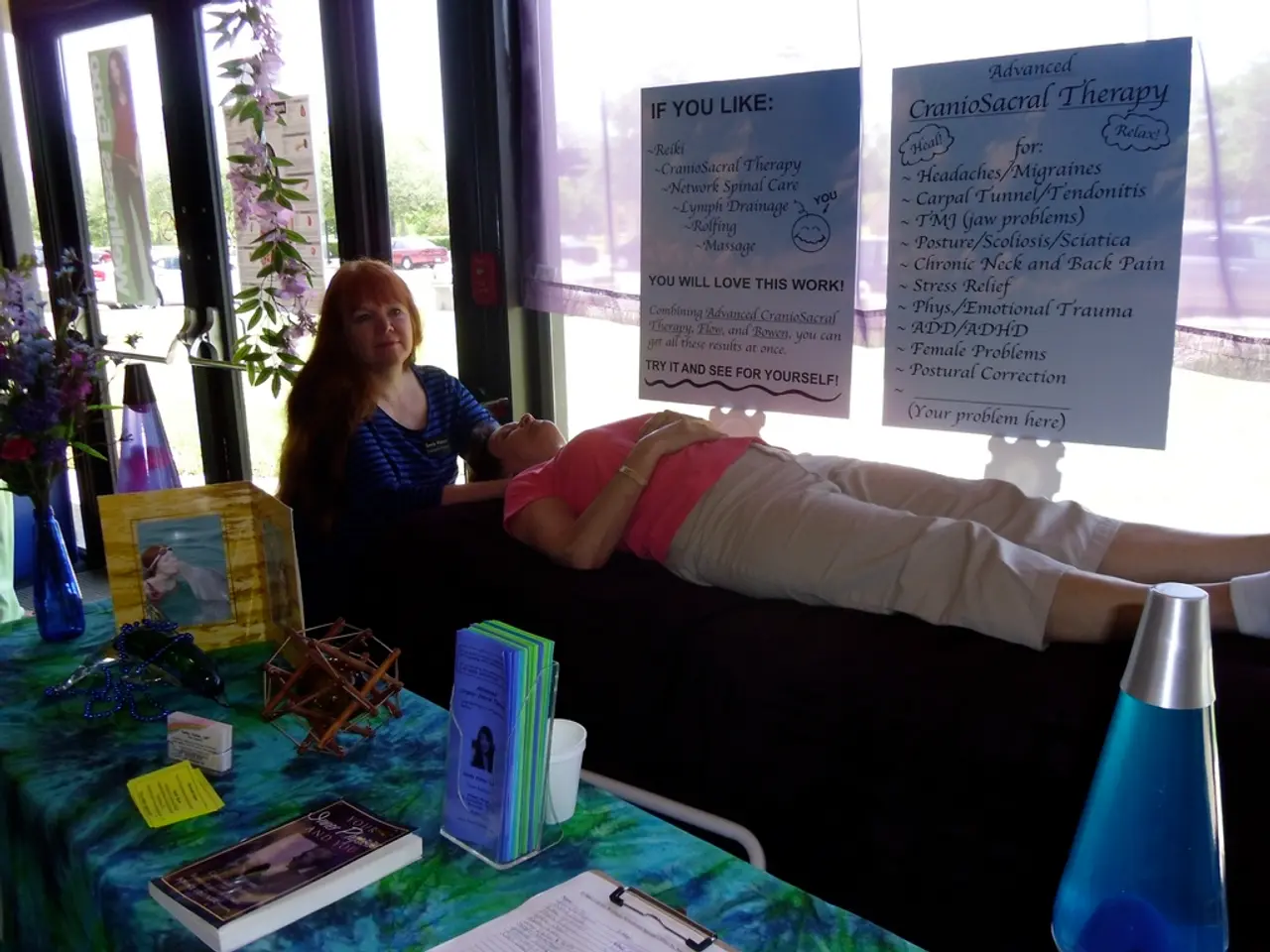Challenging Preconceived Notions: Dispelling Widespread Misrepresentations about Depression
Depression, a complex mental health condition that affects millions worldwide, is often subject to misconceptions and stereotypes that can have detrimental effects on both individuals and society.
One of the most harmful stereotypes is the belief that depression is a sign of weakness or a personal failing, often attributed to a lack of willpower to overcome challenges. This misconception can lead individuals with depression to internalise feelings of shame and worthlessness, a phenomenon known as self-stigma.
Another stereotype is the belief that depression is a result of personal shortcomings rather than a serious mental health condition. This misunderstanding can lead to social isolation, as individuals may fear judgment or misunderstanding, further worsening their mental state.
The romanticised notion of the "depressed artist" can also be harmful, glorifying and trivialising mental health issues. It is essential to promote responsible and accurate portrayals of depression in media to challenge these stereotypes.
Negative stereotypes can also prevent individuals from seeking help, leading to delayed treatment and worsening conditions over time. By fostering a culture of empathy and understanding, we can combat depression stigma and create a more supportive environment for those struggling with the condition.
Promoting open conversations about mental health and creating safe spaces for individuals to share their experiences is also crucial. Encouraging everyone to examine their own beliefs and biases about depression is a vital step in breaking these harmful stereotypes.
Addressing these stereotypes is not only beneficial for individuals with depression but also for society as a whole. Stigma and discrimination can limit the ability of those with depression to fully participate in society, while societal misunderstanding and lack of acceptance can hinder the development of supportive environments for those struggling with the condition.
Furthermore, stigma can affect healthcare access, as individuals may avoid seeking treatment due to fear of being judged or labeled. By challenging these stereotypes, we can create a more compassionate and informed society, where individuals feel comfortable seeking help and receiving the support they need.
Understanding the origins of depression is a crucial step in breaking the vicious cycle many individuals face. Depression is associated with changes in brain structure and function, as well as alterations in neurotransmitter levels. It is important to remember that depression is not a choice or a sign of weakness, but a complex interplay of biological, psychological, and environmental factors.
By breaking the chains of depression stereotypes, we can create a more supportive and understanding society, where individuals feel empowered to seek help and where mental health issues are treated with the respect and seriousness they deserve.
- Therapy, particularly cognitive-behavioral therapy, can be a powerful tool in managing depression, as it helps individuals challenge damaging thoughts and beliefs about their mental health.
- The field of psychology has made significant strides in understanding the science behind depression, including the role of neurotransmitters like dopamine in mental health and wellness.
- By promoting mental health education and breaking down stereotypes, we can create a health-and-wellness environment that prioritizes mental health treatments alongside traditional medical care, fostering a society in which all individuals have equal access to depression therapy and support.




